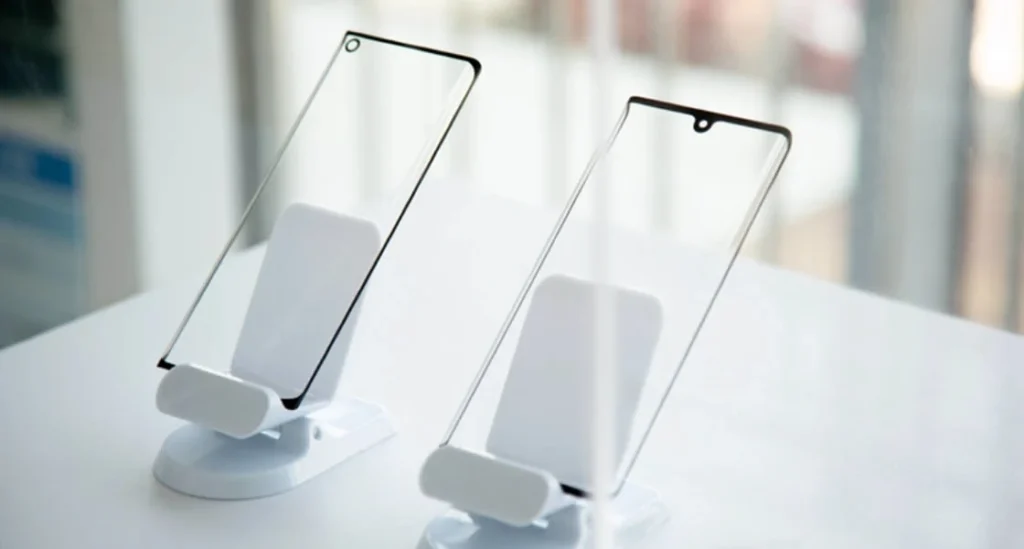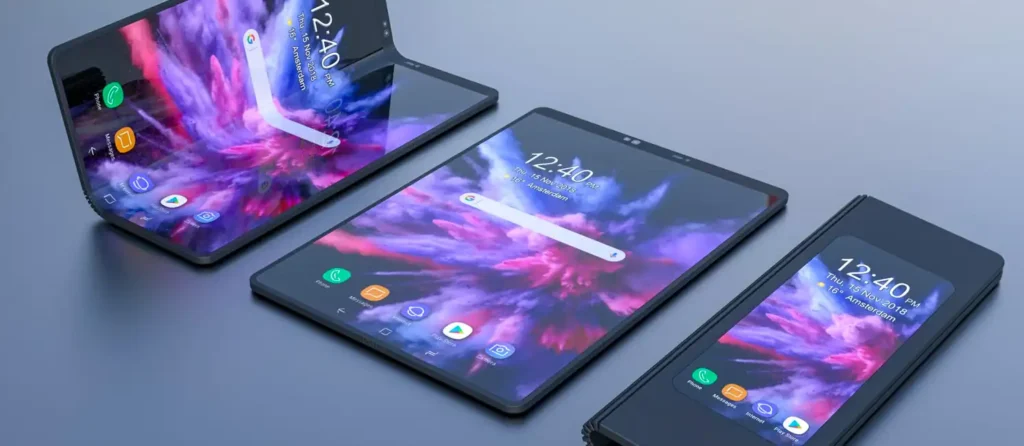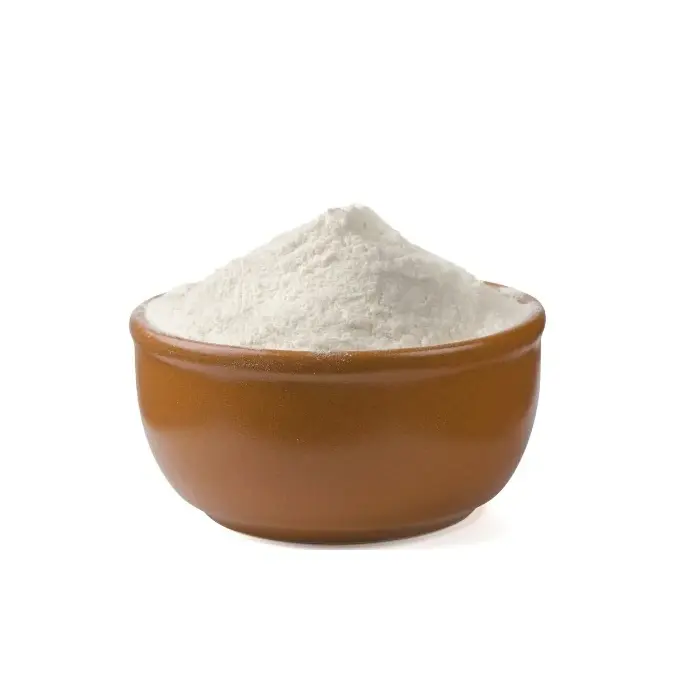In the rapid development of electronic technology, glass materials, as a key component of many electronic products, have become increasingly stricter. Among them, magnesium oxide, as an important additive, is particularly appropriate to apply in the field of electronic glass. Messi Biology will start from the basic characteristics of magnesium oxide and explore its application and role in electronic glass.
First, The basic characteristics of magnesium oxide
Magnesium oxide is a white solid powder, which has a high degree of chemical stability and high temperature stability, which can resist the effects of oxidation, hydrolysis and high temperature atmosphere. In addition, magnesium oxide also has good corrosion resistance, insulation performance, thermal conductivity and absorbing performance, which has widely used it in electronic devices, semiconductors, optics and other fields.
Second, The role of magnesium oxide in electronic glass

1. Adjust the thermal expansion coefficient of the glass
In the process of manufacturing and use, electronic glass needs to undergo various temperature changes. The addition of magnesium oxide can effectively adjust the thermal expansion coefficient of the glass to achieve the ideal value, thereby reducing the stress and deformation caused by temperature changes. This is of great significance for improving the stability and reliability of electronic glass.
2. Inhibit the crystals and petrochemicals of glass
During the melting of high -temperature glass, magnesium oxide can inhibit the crystallization and petrochemical phenomenon of glass. This helps improve the heat resistance of glass and reduce the phenomenon of glass rupture or cracking caused by high temperature and cold. At the same time, inhibitory crystals and petrochemicals also help improve the transparency and optical properties of glass.
3. Improve the heat resistance of glass
Magnesium oxide can improve the heat resistance impact performance of electronic glass. During the use of electronic products, the glass may be impacted by sudden hot and cold, such as the mobile phone falls or the high temperature environment. Adding magnesium oxide can make glass more stable when they are impacted, reducing the risk of rupture or cracking.
4. Improve the melting performance of glass
Magnesium oxide can help melt during glass melting. It can help reduce the melting temperature of the glass and improve the melting efficiency. At the same time, magnesium oxide can also be combined with other substances to form a low -soluble silicate silicate, forming a dense protective film on the surface of the glass to prevent further corrosion, thereby improving the alkali resistance of the glass.
Third, the application of magnesium oxide in electronic glass manufacturing
1. OLED substrate glass
OLED substrate glass is a key material widely used in electronic products such as smartphones and LCD TVs. Adding magnesium oxide to OLED substrate glass can effectively control the hardening speed and crystallization performance of the glass liquid, and meet the needs of high -speed molding. At the same time, magnesium oxide can also improve the melting performance of the glass and help improve the melting performance of the glass.

2. LCD glass
LCD glass is a common display material in electronic products such as laptops and tablets. Adding magnesium oxide to LCD glass can improve the heat resistance impact performance of the glass and reduce the deformation and rupture caused by temperature changes. In addition, magnesium oxide can also improve the transparency and optical properties of glass, making LCD display clearer and realistic.
3. Touch screen glass
Touch screen glass is an important part of electronic products such as smartphones and tablets. Adding magnesium oxide to the touch screen glass can improve its hardness and wear resistance, making the touch screen more durable and reliable. At the same time, magnesium oxide can also improve the alkaline resistance of the glass and prevent the erosion of substances such as hand sweat.
Fourth, summary
In summary, the application and role of magnesium oxide in the field of electron glass are widely used. It can not only regulate the thermal expansion coefficient of glass, inhibit crystallization and petrochemical, but also improve the heat resistance impact performance of glass and improve the melting performance. In the manufacturing of electronic products such as OLED substrate glass, LCD glass and touch screen glass, magnesium oxide played an important role. With the continuous development of electronic technology, the application of magnesium oxide in the field of electronic glass will be more widely and deepened.

